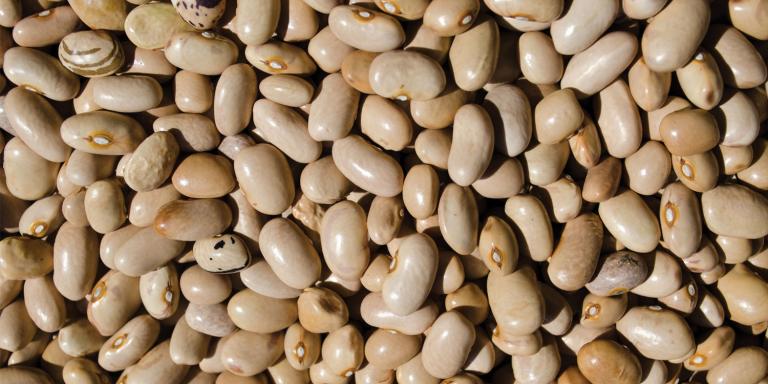- You may have heard that a high-fiber diet can help maintain bowel health and keep you regular by reducing constipation. But did you also know that dietary fiber may support heart health by reducing blood pressure and inflammation, as well as lowering the LDL (low-density or “bad”) cholesterol levels?
- Another plus: Dietary fiber can aid in reducing the risk of developing Type 2 diabetes, and control blood sugar levels in people with diabetes.
- What’s more, high-fiber foods can help achieve and maintain a healthy weight.
- “People trying to reduce calories and hampered by feelings of hunger may be among those who find boosting fiber most helpful,” comments Karen Collins, RD, CDN, of the American Institute for Cancer Research. “Foods that supply dietary fiber—whole grains, vegetables, fruits and beans—may satisfy hunger as their bulk fills up our stomachs. Yet they supply relatively few calories.”
- There are two basic fiber types: Soluble dissolves in water, insoluble doesn’t.
- Are you getting enough fiber?
- The recommended daily amount depends on your age and gender: 25 grams for women under age 50; and 21 grams women over 50. For men, it’s 38 grams under age 50, 30 grams if older than 50.
- Natural fiber supplements
It’s recommended to get your daily fiber intake through whole foods. However, you may need to take supplements if your diet falls short. - Look for fiber supplements with natural ingredients such as flax, chia, oat bran, or sprouted seeds. Fiber chews or fiber-rich bars, with fruits and nuts, are convenient to carry.
- Also find psyllium husks in flakes, capsules or powders. A clinical trial showed that psyllium, a soluble fiber, helped treat the symptoms of irritable bowel syndrome.
LOCATIONS

Fiber & Heart Health
Click to See Our Sources
“The Benefits of Flaxseed” by Elaine Magee; “IBS Relief From Soluble Fiber” by Daniel J. DeNoon; “The Truth About Chia” by Kathleen M. Zelman, www.WebMD.com
“Chart of High-Fiber Foods”; “Dietary Fiber: Essential For a Healthy Diet” by Mayo Clinic staff, www.mayoclinic.com
“Does More Fiber Mean More Weight Loss?” by Karen Collins, American Institute for Cancer Research
“Soluble or Insoluble Fibre in Irritable Bowel Syndrom in Primary Care? Randomised Placebo Controlled Trial” by C.J. Bijkerk, et al., BMJ, 10/09
